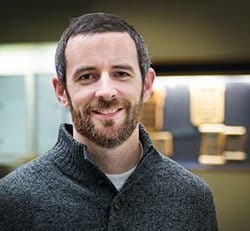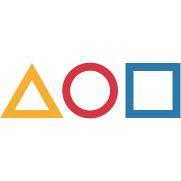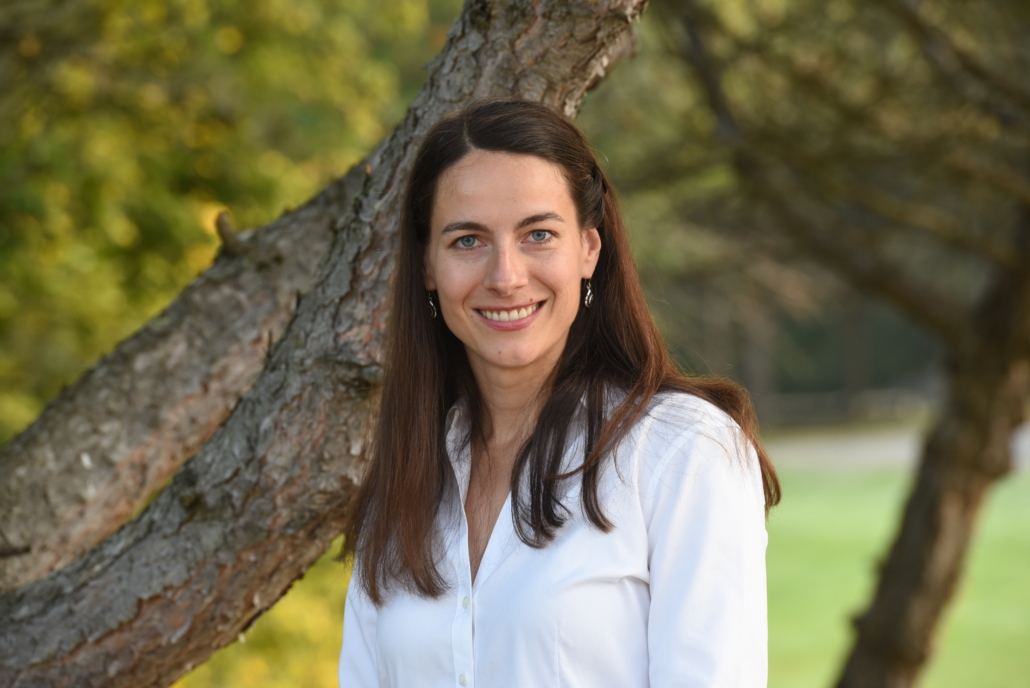“The investigators in the early stages of their careers are in a unique position to advance innovative research projects. They often have difficulty securing their first grant through traditional funding, yet they tackle their research with a high risk/high reward approach, and that is something that we want to support.”
-Naomi Azrieli

CIFAR Azrieli Global Scholars
CIFAR Azrieli Global Scholars program supports exceptional early-career researchers who show promise to be the research leaders of tomorrow.
Through funding and mentorship, the program enables essential network and professional skills development. CIFAR Azrieli Global Scholars join CIFAR research programs for 24 months where they collaborate with fellows and inspire new ways to approach the most important questions facing science and humanity. After the program, many scholars stay connected to the Canadian Institute for Advanced Research (CIFAR) community.
CIFAR provides researchers with an unparalleled environment of trust, transparency and knowledge sharing. This time-tested model inspires new directions of inquiry, accelerates discovery and yields breakthroughs across borders and academic disciplines. Through knowledge mobilization, CIFAR catalyzes change in industry, government and society. CIFAR’s community of fellows includes 20 Nobel laureates and more than 400 researchers from 22 countries. In 2017, the Government of Canada appointed CIFAR to develop and lead the Pan-Canadian Artificial Intelligence Strategy, the world’s first national AI strategy.
Meet the 2019/2020 CIFAR Azrieli Global Scholars, who were chosen after a competitive recruitment process that generated 217 eligible applications from 37 countries. These 14 researchers (seven identifying as women and seven as men) were selected to join five CIFAR programs and are among the top emerging global talent with citizenship in eight countries and appointments in institutions in Canada, the United States, Israel, Australia, the Netherlands, and Spain.
Here is a profile of just one of the brilliant CIFAR scholars, Hannah Carter.
This profile was written by Cynthia Macdonald and originally published by CIFAR.
Towards personalized cancer diagnosis and treatment
By understanding the details of how genetic mutations turn into tumours, CIFAR Azrieli Global Scholar Hannah Carter is paving the way for better, more personalized diagnosis and treatment.
A single faulty copy of a gene inherited from our parents can predispose us to cancer. But the precise way in which genetic mutations lead to cancer’s actual onset and development remains a mystery — particularly the interplay between inherited “germline” mutations and acquired “somatic” mutations.
2017 CIFAR Azrieli Global Scholar Hannah Carter is a computational biologist and assistant professor of medicine at the University of California, San Diego, who studies this very question. Working with giant data sets, she uses algorithms and cutting-edge software tools to discover how tumours develop at the molecular level.
“By understanding more about genetic background and the potential for a tumour to evolve,” says Carter, “we can project not just the likelihood of someone getting cancer in their lifetime, but perhaps where cancer will occur in their body, or whether the cancer will be more or less aggressive. And that will help inform screening.”
In an important 2017 paper published in Cancer Discovery, Carter and her team analyzed more than two million inherited cancer variants from 10,000 patient genomes in The Cancer Genome Atlas (TCGA), a landmark cancer genomics program started in 2006. They were able to locate more than 400 such variants that suggested where and how a malignant tumour might evolve.
Data gleaned from TCGA has ushered in a new era of cancer research. “We have all these different data layers that we can look at and study together. Which has given us an incredibly rich resource — there really isn’t another one like it,” says Carter.
For too long, cancer treatment has suffered from a one-size-fits-all approach. Relatively few patients are enrolled in any given clinical trial; and of those, only a small minority stand to benefit, since the effect of their particular genetic background isn’t considered.
The advent of molecular oncology has changed this. Targeted therapies such as monoclonal antibodies and immunotherapy are now able to alter cell function in very particular ways. In some cases, results have been dramatic: even people with advanced metastatic disease have seen their tumours regress rapidly.
But there is still progress to be made. According to Carter, “tumours are challenging to deal with because they will eventually resist whatever therapies you throw at them. So we have to get smarter, and continue our efforts to understand them.”
The past two years have been eventful for Carter’s lab. In addition to providing clues as to how our germline and somatic genomes interact in the cancer process, she and her colleagues have also answered significant questions about how the immune system might be boosted more effectively to fight the spread of tumour cells.
Though an expert in both machine learning and genetics, the Kentucky native actually began her professional career as an electrical engineer. (“There was a sharp left turn in there somewhere,” she says wryly.) Initially thinking she’d like to develop neuroprostheses, she enrolled in a program at Johns Hopkins University that allowed her to attend first-year medical school classes.
“I just became absolutely fascinated with the genetic and molecular basis of diseases — and so I switched at that point and joined a lab that was doing computational molecular biology,” she says. Her engineering background proved tremendously helpful as she built critical skills in machine learning and computational modelling.
Right now, Carter says, the biggest challenge in her field is amassing the data needed to make truly big cancer discoveries. Though much has been collected, much more is still needed. With the right tools, she and her colleagues are poised to make extraordinary advances in the years to come.
“Definitely this is an exciting time for cancer research,” she says. “The sheer number of studies and publications is daunting — it’s almost impossible to keep on top of the literature. But we’ve really made good inroads on understanding mechanistically how tumours are developing. We’re starting to come up with strategies to try to directly intervene in that development, and to further personalize cancer therapy.”
Want to read more profiles of CIFAR Azrieli Global Scholars? Click below.

Early-Career Capacity Building Grant
These grants, provided by the Azrieli Foundation and Brain Canada, support early-career investigators who are conducting transformative research to advance understanding of the brain, in illness or health.
Each of the 10 recipients receives a $100,000 grant.
Grant recipient Matthew Parsons, PhD, a researcher at Memorial University of Newfoundland says, “Most funding opportunities require the applicant to show a significant amount of preliminary data that support the hypothesis of the project. This requirement makes it difficult for a new lab to explore new territory and take risks – risks that often times lead to great discoveries. The Early-Career Capacity Building Grant will enable my lab to think outside the box when researching brain cell communication in neurodegenerative disease, and provides the perfect complement to our research that is funded through more conventional funding opportunities.”

For a complete list and photos of the recipients, click here.










